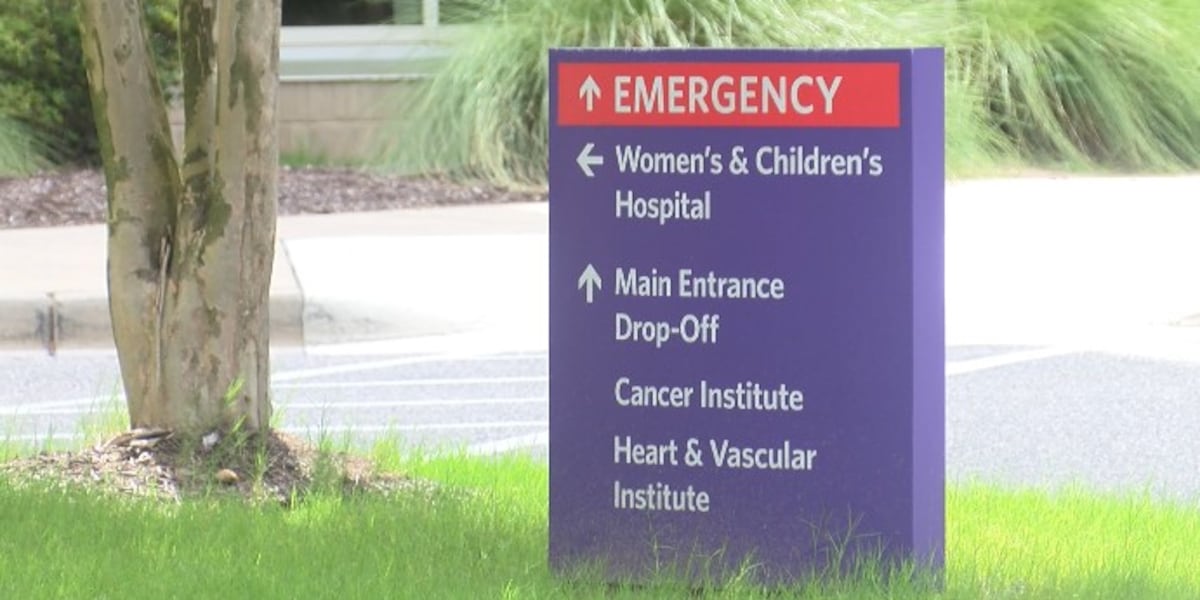Pennsylvania's Mental Health Crisis: Urgent Need for Enhanced Support and Services

The statistics are stark. More than two million adults in Pennsylvania are grappling with mental health conditions, ranging from anxiety and depression to more serious disorders. This represents a significant portion of the state's population, and the impact extends far beyond individual suffering. It affects families, workplaces, and communities as a whole. The COVID-19 pandemic exacerbated existing challenges, leading to increased rates of anxiety, depression, and substance abuse. Furthermore, the lingering effects of social isolation and economic uncertainty continue to strain mental wellbeing.
Despite the clear need, access to mental healthcare in Pennsylvania is riddled with obstacles. These include:
- Limited Availability of Providers: There's a severe shortage of psychiatrists, psychologists, therapists, and other mental health professionals, particularly in rural areas. This scarcity leads to long wait times and difficulty finding qualified care.
- Financial Constraints: The cost of therapy and psychiatric services can be prohibitive for many Pennsylvanians, even those with insurance. Co-pays, deductibles, and lack of coverage for specific treatments create significant barriers.
- Stigma: The persistent stigma surrounding mental illness prevents many individuals from seeking help. Fear of judgment, discrimination, and social isolation discourages open conversations and timely intervention.
- Insurance Coverage Issues: Navigating insurance coverage for mental health services can be complex and frustrating. Prior authorization requirements, limitations on the number of sessions, and restrictions on the types of treatments covered are common challenges.
Pennsylvania has a proud history of pioneering advancements in mental healthcare. Historically, the state was a leader in establishing mental institutions and advocating for improved treatment approaches. However, in recent years, progress has stalled. It’s time to reclaim that leadership position and invest in a comprehensive and accessible mental healthcare system.
Key steps include:
- Increased Funding: A significant increase in state funding is essential to expand mental health services, recruit and retain qualified professionals, and support community-based programs.
- Telehealth Expansion: Leverage telehealth technologies to reach underserved populations and overcome geographical barriers.
- School-Based Mental Health Programs: Integrate mental health services into schools to provide early intervention and support for students.
- Public Awareness Campaigns: Launch public awareness campaigns to reduce stigma and encourage individuals to seek help when needed.
- Integration of Physical and Mental Healthcare: Promote the integration of mental healthcare into primary care settings to ensure holistic patient care.
The mental health crisis in Pennsylvania demands immediate and decisive action. By prioritizing mental wellbeing and investing in a robust and accessible mental healthcare system, we can improve the lives of millions of Pennsylvanians, strengthen our communities, and build a healthier and more prosperous state. It’s not just a matter of policy; it's a matter of compassion and a commitment to ensuring that all Pennsylvanians have the opportunity to thrive.






